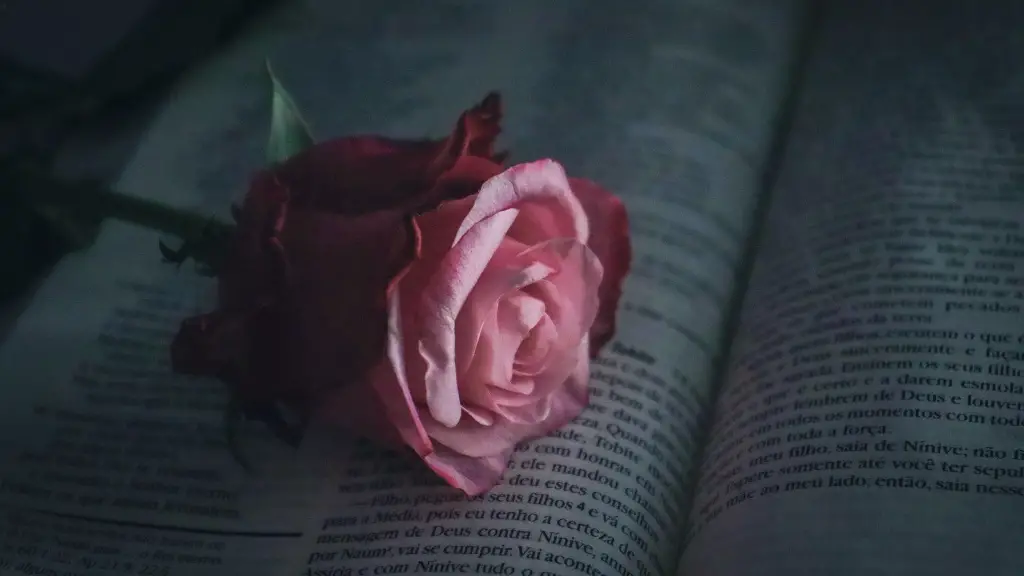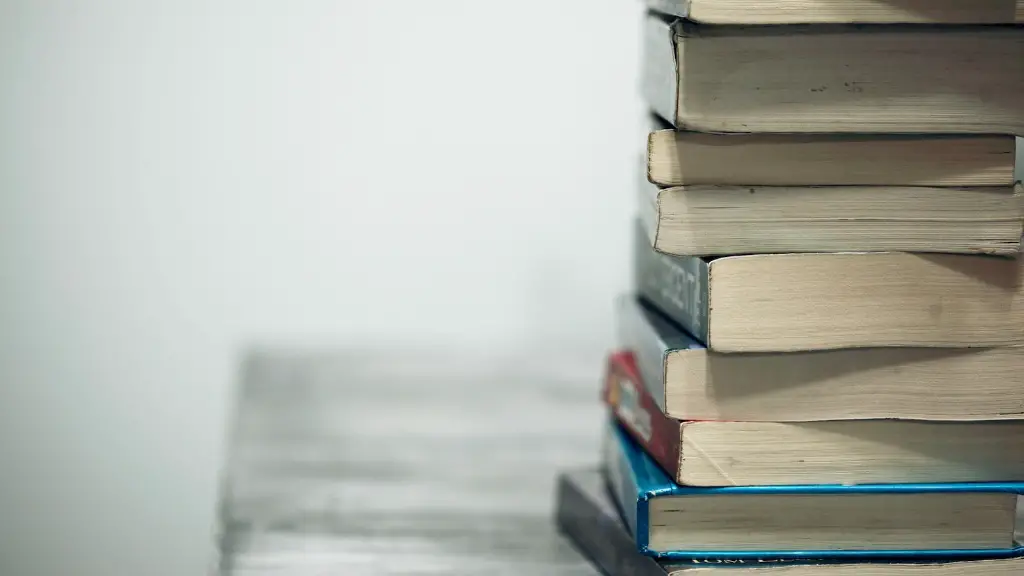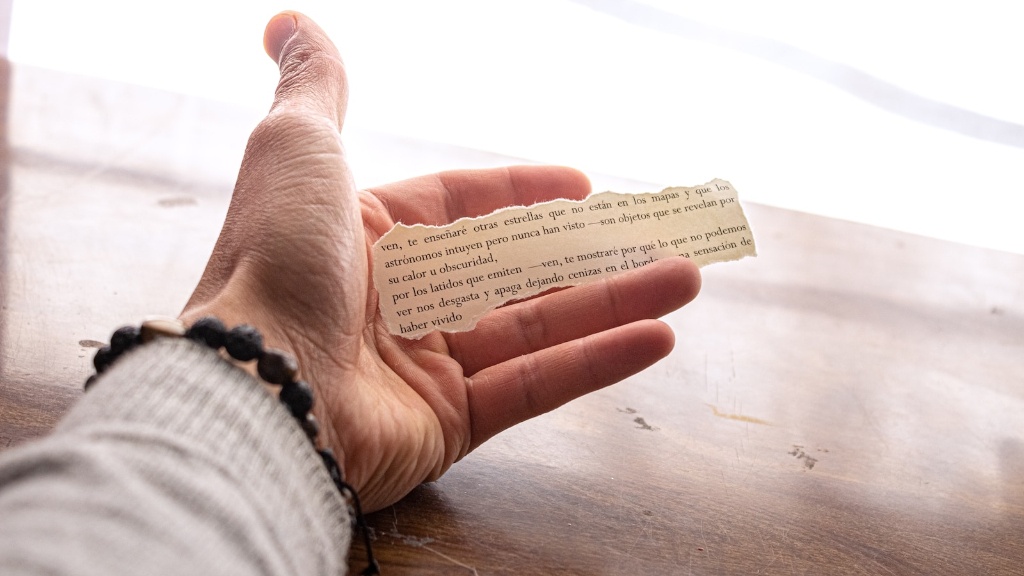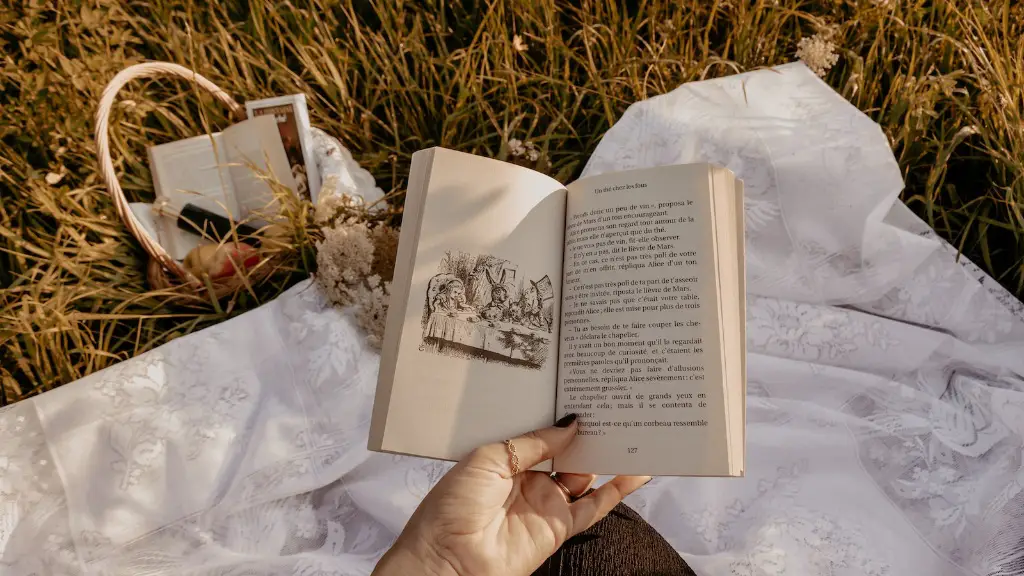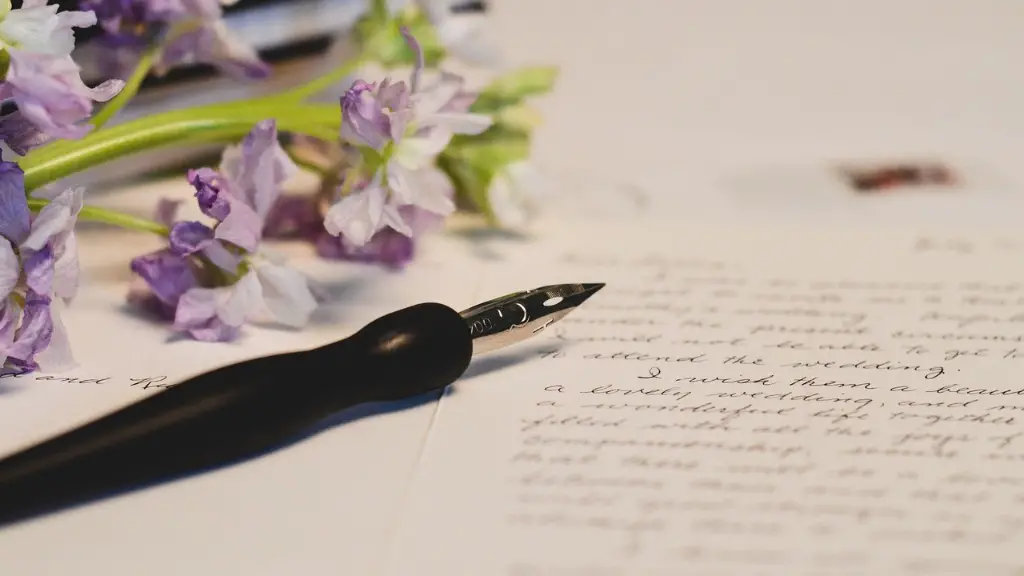What Is the Purpose of Poetry?
The purpose of poetry has been a source of much debate and controversy for centuries, spanning across various philosophies of art and literature. Literature is often written to connect the universal feelings of humanity—such as love, sadness, anger, joy and despair—to individuals and offer a form of social consensus.
In the western world, one of the oldest forms of literary expression is poetry. In ancient times, poetry was a crucial element of what we call today the oral tradition. It was a popular form of expression in an era where storytelling and storytellers were exchanged regularly in large gatherings.
Opened-ended by definition and highly subjective, poems can reflect a range of emotions, provide glimpses into different cultures and are an expression of individual artistic license. Thus, poetry has been seen as a vehicle to understand and share our thoughts, emotions and experiences with others.
For some, poetry is an escape. For others, it is simply a way to express emotion, as with sonnets, limericks and haikus, or a way to open the door to the spiritual realm, as when poetry is used for prayer or chanting.
In addition, poetry is often seen as a means of channeling thought and emotion into verse through metered and rhyme or rhythmically arranged words. This can enhance its communicative power, allowing it to take on a life of its own—the poet’s use of language creating a powerful tapestry of sound and sense.
On a deeper level still, some argue that poetry is a vehicle for understanding the shared human experience, helping us make sense of the randomness of life, discover new depths of understanding and empathize with one another. In other words, poetry can help us understand the deeper truths about life—even if that truth is only applicable to the moment at hand.
While the purpose of poetry may be argued by many, the often unseen power of free verse and the lyrical beauty of rhyme and meter challenge us to ponder those things that can’t be easily defined.
The Power of Story
Poetry has a long and powerful connection to narrative. Epic tales such as Homer’s Odysseus, Virgil’s Aeneid or the Mahabharata have appeared throughout history to tell tales of heroism, trials and tribulations, insurmountable odds and the struggle to achieve a greater good—all themes which are common to human experience.
These stories, which are often carried through generations in the form of oral traditions, capture our emotions and invite us to relate to them on a personal level. We can draw strength and power from these stories, and through them, draw strength and power from our own lives.
The power of such storytelling is often profound enough to remain with us and become a part of our identity, molding our values and philosophy. Storytelling can also help to impart the knowledge of a deep history passed along from ancestors—a practice which is still commonly seen in tribal communities throughout the world.
This form is particularly powerful because it awakens feelings deep in the heart and soul, inspiring us to greater heights and helping to form the foundation for our sense of identity as individuals and as members of collective societies.
By understanding the power of story and narrative, cultures have been able to harness poetry in powerful and unique ways.
Mastery of Voice
In some cultures, the purpose of poetry is to master the use of voice and to honor, celebrate and convey its stories from generation to generation. As said by the renowned African poet Zukiswa Wanner, “storytelling is an oral form of art…[it] is a shared space for all cultures, for learning, and for entertainment.”
Voice mastery is an integral part of the European, Middle Eastern, and African oral storytelling traditions and has long served as a powerful tool to communicate and celebrate identity and culture on a global level. All cultures have their own unique poetic voice and this voice can be used to tell stories of personal and social significance.
The power of voice can also extend beyond merely narrative. In Africa and the Middle East, vibrant chants and music are often incorporated into the oral tradition, allowing stories to be told and experienced on a deeper level.
Used thoughtfully, this mastery of voice can move the audience and create a sense of connection and understanding between those who are participating and those who are simply listening.
Universal Connections
One of poetry’s essential purposes is to connect people with each other, as well as to connect people with the greater universe. This can be seen in the form of religious or spiritual prayers, in which a poet attempts to bridge the gap between earthly and divine matters.
Similar connections can also be made between human beings, as a poet attempts to provide comfort amid difficult times. By using the power of story and voice, a poet can reach out and touch the collective soul and move an entire people or larger community.
The need to bring people together is a theme that has resonated with individuals throughout history, and poetry—despite its diversity of form, subjects and content—is a medium that continues to capture this desire.
In this way, we can see that the purpose of poetry is to create a connection between the individual and the collective; between us and the divine; and between human beings and the universe.
Inner Reflection
Poetry has always been an outlet for exploring deeper feelings and emotions. Often, the emotions contained within poetic verses are the voices of a person’s inner being, simultaneously conveying experiences of joy, heartache, pain and love.
This form of expression can serve as an exploration of the self and an invitation to dig deeper into our motivations and desires. By providing a space for self-reflection, poetry can help us to confront our fears, doubts, and hopes in a very direct way. Through a poetic voice, we can make sense of our emotions, find solace in our struggles and make sense of our place in the larger world.
For those seeking a deeper understanding of themselves and the mental or emotional challenges they face, poetry can provide a pathway to this knowledge.
Freedom of Expression
Another key purpose of poetry is to allow freedom of expression while exploring issues of cultural, political and artistic identity. As such, poetry can serve as a tool of social protest and empowerment, enabling people to express their grievances and celebrate their successes in a way that resonates beyond their immediate experiences.
This is especially true for marginalized groups within a community, who are often denied their own voices in traditional forms of media or other artistic outlets. By providing a space for free expression, poetry allows people to speak as one and to be heard.
Poets can also use their verse to challenge traditional notions of power and privilege, offering an honest and uncompromising look at the life of individuals living on the margins of society.
In this way, the purpose of poetry is to serve as an avenue for the expression of opinion, to allow the individual to be heard and to act as a form of social comment.

